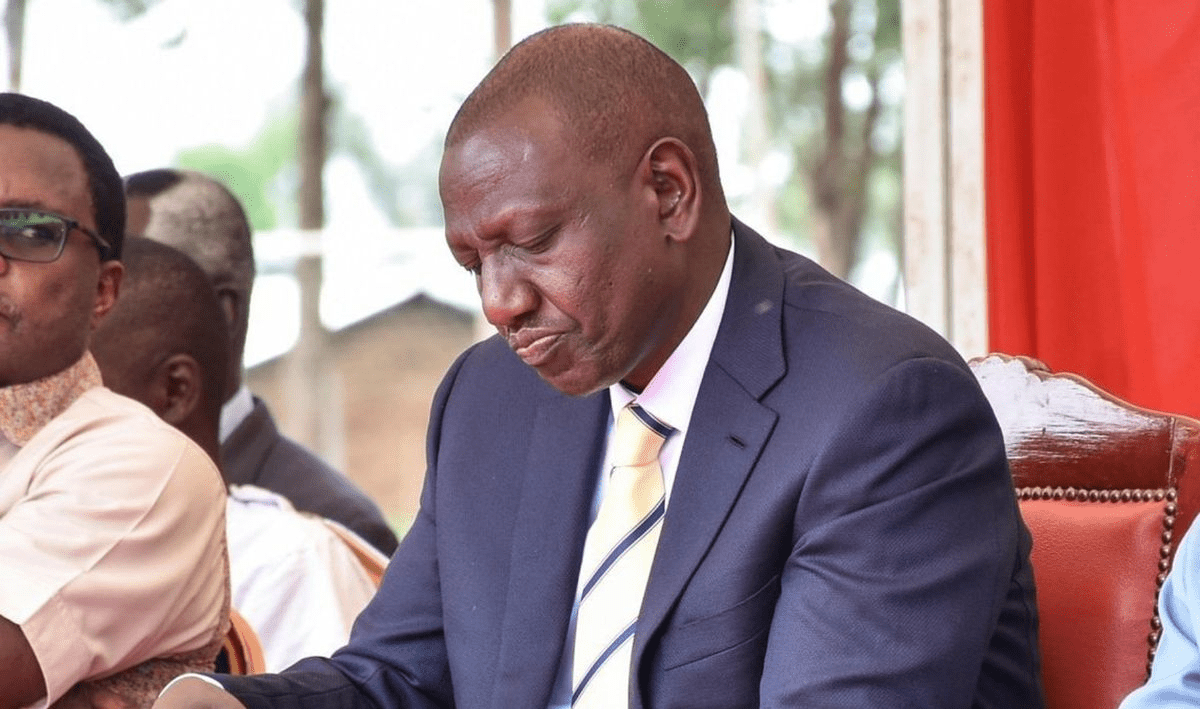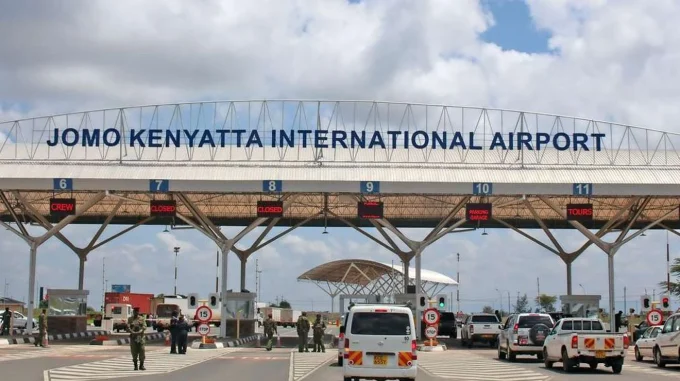Absolutely, true leadership often shines through in times of hard decisions. It’s in these challenging moments that leaders must balance empathy, vision, and pragmatism, while also remaining accountable and transparent. Making difficult decisions, whether in times of crisis or uncertainty, often requires courage, clarity, and the ability to prioritise the greater good over short-term comfort. How leaders handle such moments can define their legacy and inspire others to trust and follow them.
In a bold and unexpected move, Kenyan President William Ruto has rescinded two significant decisions: the 2024 Finance Bill and the Adan JKIA deal. These decisions have caught the attention of many political observers and the Kenyan public alike, sparking debates on the true essence of leadership. Some have hailed these actions as evidence of Ruto’s responsiveness and flexibility, essential qualities for any leader, while others are still digesting the full implications of these reversals.
Rescinding major government decisions is not something done lightly, especially when it involves intricate matters such as national finance and international agreements. However, President Ruto’s moves signal a leadership style that emphasises adaptability, listening to public concerns, and ensuring that governance aligns with the people’s best interests. In a political environment where leaders are often criticised for stubbornly adhering to unpopular policies, Ruto’s actions offer a refreshing demonstration of pragmatism.
The 2024 Finance Bill, much like previous finance bills in Kenya, was introduced to address the country’s fiscal needs. It was aimed at increasing government revenues, ensuring the provision of public services, and potentially reducing the budget deficit. However, the bill also faced widespread criticism from various quarters due to the new taxes it introduced and the burden it was perceived to place on ordinary Kenyans. Many argued that while the government’s need for revenue was understandable, the bill did not do enough to protect lower-income citizens from the harsh economic conditions it could exacerbate.
Critics pointed out that the proposed taxes in the bill would likely lead to higher costs of basic goods, increased inflation, and greater hardship for Kenyans already struggling with the rising cost of living. There were protests, especially from civil society organizations, who argued that the government was placing undue financial pressure on the populace. Businesses, too, voiced concerns that the bill would stifle economic growth by increasing operational costs.
In reversing this decision, President Ruto demonstrated an ability to listen to the voice of the people. A great leader knows that governance is not about imposing top-down policies without regard for their impact on citizens. Ruto’s decision to retract the 2024 Finance Bill and potentially review it highlights the importance of public sentiment in policymaking. It also suggests a broader strategic goal of maintaining political goodwill, especially as the country heads toward future electoral cycles.
The second decision, concerning the rescinding of the Adan JKIA deal, speaks to Kenya’s delicate balancing act in international relations and domestic governance. Jomo Kenyatta International Airport (JKIA) is a critical piece of infrastructure in Kenya, serving as the country’s gateway to international trade and travel. Any deal concerning its management or ownership naturally carries significant weight.
Reports suggested that the Adan JKIA deal involved foreign interests taking a stake in the airport’s operations, which raised red flags among various stakeholders in Kenya. Concerns about sovereignty, transparency, and the potential exploitation of national assets for private or foreign gain were rife. Many Kenyans feared that the deal could erode the country’s control over a key national asset, leading to increased costs for airport services or even compromising national security.
President Ruto’s decision to withdraw from the deal suggests a recognition that national assets like JKIA must be handled with utmost care and sensitivity. By backing out of the deal, Ruto reaffirmed his commitment to protecting Kenya’s sovereignty and ensuring that such significant agreements undergo thorough scrutiny. It also sends a message that Kenya will not be swayed by external pressures when it comes to managing its key resources and infrastructure.
The mark of a great leader is the ability to balance conviction with flexibility.
Rescinding these two decisions exemplifies a fundamental quality of leadership: the ability to change course when necessary. Some leaders, out of fear of appearing weak or indecisive, might refuse to reconsider their actions even when it becomes clear that those decisions are flawed or unpopular. However, the mark of a great leader is the ability to balance conviction with flexibility. President Ruto’s reversals show that he is willing to put the interests of the Kenyan people first, even if it means retreating from previously held positions.
The reversals also reflect Ruto’s political acumen. By pulling back from these contentious decisions, he is likely aiming to maintain or even boost his support among key constituencies. In a country where economic struggles and international deals are often seen through a lens of public distrust, Ruto’s willingness to reverse course can be seen as a strategic move to protect his administration’s reputation and ensure public trust in the government remains intact.
Prioritising public welfare
In conclusion, true leadership is about listening and acting. Leaders aren’t perfect. In any democracy, a leader’s ability to listen to their people and respond to their concerns is critical. President Ruto’s decision to rescind both the 2024 Finance Bill and the Adan JKIA deal underscores a leadership style that is not rigid but adaptable. This flexibility is not a sign of weakness; rather, it is a testament to the strength of leadership that prioritizes the public’s welfare over maintaining unpopular decisions.
Great leaders are not defined by their infallibility but by their willingness to correct course when necessary. Ruto’s recent actions are a powerful reminder that leadership is about more than just making decisions; it is about making the right decisions in light of changing circumstances, public opinion, and the country’s long-term interests. As Kenya moves forward, such leadership will be crucial in navigating the complex challenges the nation faces.
Rev. Kamomonti wa Kiambati teaches English and Literature in Gatundu North Sub County.













This is a puff piece, and gives off a commercial odour. What the good Reverend conveniently omits is that both the Finance Bill, Adani deals and indeed many other nefarious deals are all creatures of Ruto’s creative rent seeking. Kenyans shouted themselves hoarse about these 2 deals for months, but the character never listened. Deep down the man is a dictator. Doesnt listen to anyone. Backtracking on Adani was NOT listening to Kenyans. It was running away from a heist that went sideways.